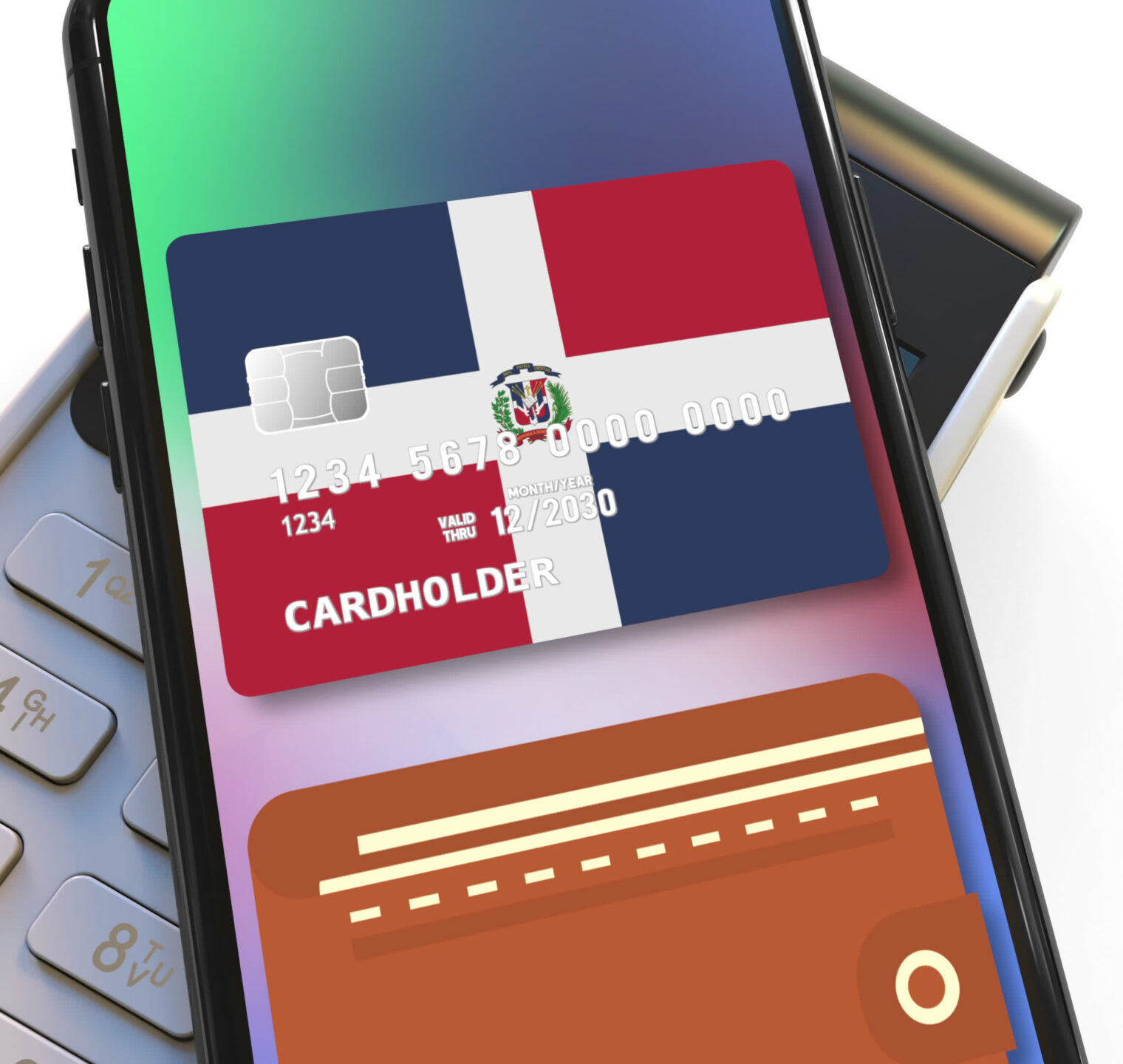Fintechs are a rapidly growing presence in the Dominican Republic, where they promise to improve inclusiveness in a still-underbanked nation.
Along with Jamaica and Puerto Rico, the Association of Fintech Companies (Adofintech) has spotlighted the Dominican Republic as a fintech leader in Central America and the Caribbean. The Inter-American Development Bank (IDB) reports that the number of companies the island nation hosts in the field grew from six in 2018 to 65 in 2024. This places the country eighth in Latin America for its fintech economy and the leader in Central America and the Caribbean.
Dominican Republic internet banking and electronic payments are showing substantial growth of over 20% year-on-year from 2023-2024, along with impressive innovation. This is especially true in connection with tourism and remittances, which combined make up 30% of the country’s GDP. Case in point is Qik, the country’s first neobank, which Banco Popular launched in 2022 and which has rapidly grown from an app to a standalone digital bank with over 600,000 customers.
Part of the fall-out from the Covid-19 pandemic in the republic was increased demand for non-traditional financial services, coupled with accelerated digitization. Improved regulatory guidance from the Central Bank of the Dominican Republic and the Superintendencia of Banks, including the Innovation Law of 2016 and a focus on financial inclusion, has invigorated the fintech sector, says José Alberto Adam Adam, country manager with Equifax Dominican Republic.
“The [fintech] industry has evolved toward greater diversification, technological sophistication, and a focus on financial inclusion,” he says. “There’s now multi-service expansion, fintechs for specific segments like personal finance tools for Generation Z, and banking solutions for migrants or informal workers.”
At the upper end of the fintech ecosystem are startups exploring tokenization and decentralized finance (DeFi) and the use of artificial intelligence in credit scoring. The industry has come a long way, Adam notes, since BlueWallet, a Bitcoin wallet, and PrestamistApp, a loan calculation and management aid for financial institutions, launched in 2018.
Financial inclusion has lagged thus far, despite the republic’s consistent GDP growth; only 55% of adults are banked, making it “one of the Dominican Republic’s main challenges,” Adam argues. “The concentration of supply-side efforts on the previously banked population is about to reach peak penetration. Therefore, converting the unbanked population would significantly help the economic sectors we need to continue growing.”
Adam says to achieve that would entail a shift in focus to “inclusion, efficiency, scalability, and new hybrid models that combine the best of the traditional and decentralized worlds.” New efforts include fintech, mobile banking, education programs, and gender-focused initiatives. The central bank has targeted incorporating 65% of adults within the financial system by 2030.
A Blockchain Assist
In April, PaySett and Jamaica’s JMMB Bank partnered to expand into the country and will provide enhanced digital payments and financial inclusion through PaySett’s PayBank solution.
Félix Pago, a Miami-based fintech start-up, added coverage to the Dominican Republic as well as the Northern Triangle of El Salvador, Guatemala, and Honduras late last year. This followed a partnership with Mastercard that will see a chat-based platform carrying remittances out of the US. Félix Pago uses USDC stablecoin to save on currency exchange costs and passes on the savings to clients for a lower rate than on SWIFT transactions.
“Cryptocurrencies are a powerful enabler of remittances,” CEO Manuel Godoy said in a press release, “but you have to abstract them from the user. I always say it could be a donkey crossing the border, it doesn’t matter. What they want is the money, the local currency, and they want it instantly and at the best possible price. And cryptocurrencies allow for that.”
Last August, the International Monetary Fund (IMF) published a technical assistance report assessing the potential impact of a central bank digital currency (CBDC) on retail transactions in the Domincan Republic. It found that while the country has a well-developed national payment system, further improvements are necessary. Cash remains king in the region, and the IMF estimated that take-up of a Dominican CBDC would impact up to 20% of transactions, which in 2017 were over 90% in cash.




